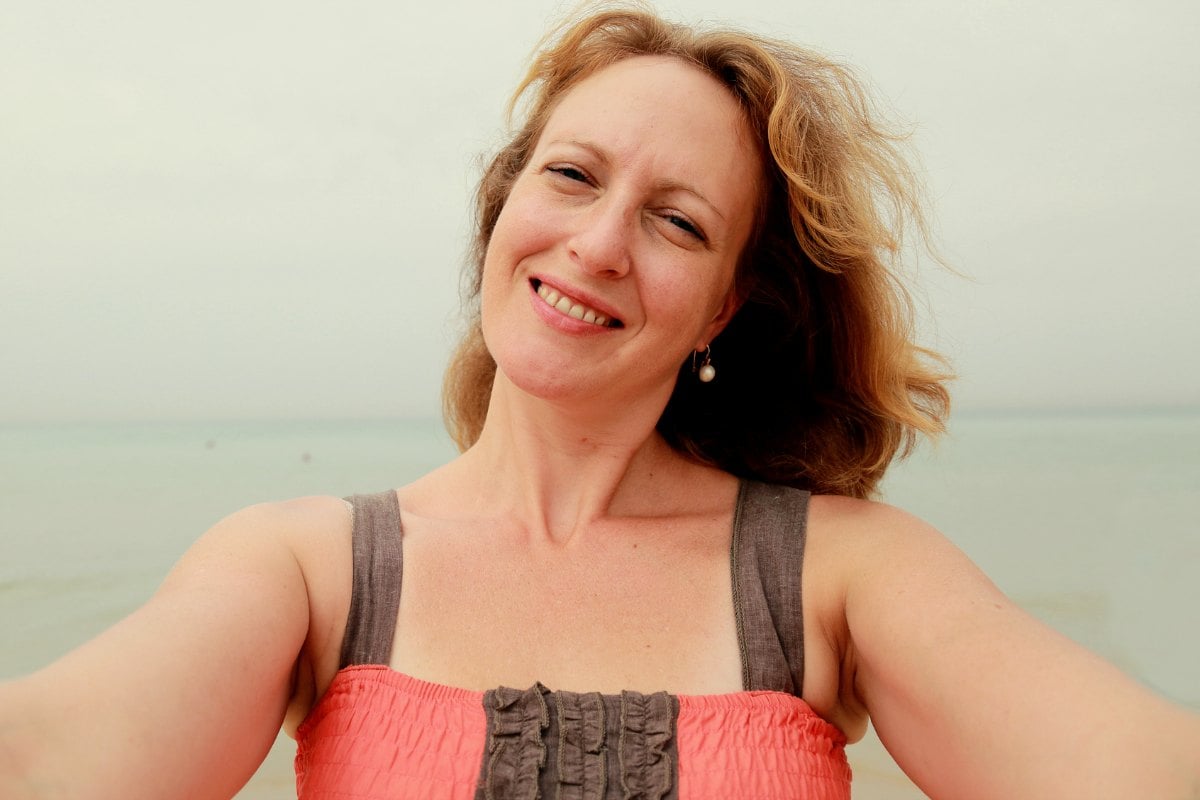
“Have you had her checked for a tapeworm?” My grandmother asked my mother when I was 11 years old. My outspoken and opinionated grandma was in disbelief that a girl like me could eat so much and not gain a pound.
But I was just a normal, healthy kid with a good metabolism. I didn’t have an eating disorder. I was fortunate that I could eat three bowls of ice cream a day and still fit into my skinny jeans. But when I was in early high school, I was diagnosed as anaemic.
“No wonder you’re so skinny,” a friend told me, insinuating that my body shape was indicative of a medical condition.
Here’s how to improve your daughter’s body image. Post continues below.
When I look back at pictures of me in my teens, I was thin, but I didn’t look unhealthy. Yet even at the height of my thinness in my youth, I still struggled with body issues. My arms were too hairy, I hated my chin. My ankles weren’t dainty enough. Like most women and girls, my body image was far from perfect.
In university, I gained the infamous “freshman fifteen”. Two years later, when I interned and walked well over 10,000 steps a day to work, I lost weight. When I returned to campus, I was inundated with compliments: “You look fantastic!” “You’re so skinny now, I hate you.” “What did you do to lose so much weight?”




























































































